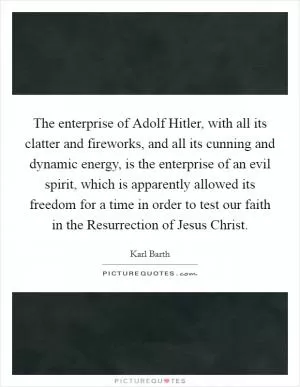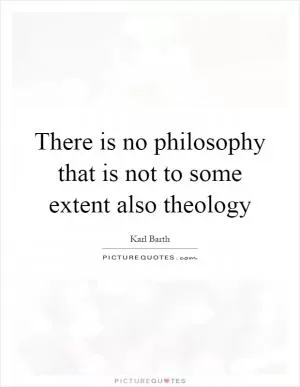Faith is never identical with piety

Faith is never identical with piety
Karl Barth, a renowned Swiss theologian, is often associated with the idea that faith is never identical with piety. This concept challenges traditional notions of religious devotion and calls into question the superficiality of outward displays of piety. Barth's theology emphasizes the importance of a deep, personal relationship with God that goes beyond mere adherence to religious rituals or practices.In Barth's view, faith is a dynamic and transformative experience that involves a radical reorientation of one's entire being towards God. It is not simply a matter of following rules or performing religious duties, but rather a profound encounter with the divine that shapes one's beliefs, values, and actions. Piety, on the other hand, can be seen as a more superficial form of religious devotion that focuses on outward appearances and adherence to religious traditions without necessarily engaging with the deeper spiritual truths that underlie them.
Barth's emphasis on the distinction between faith and piety is rooted in his understanding of the nature of God and the human condition. He believed that God is a living, active presence in the world who calls humanity into relationship with Him. This relationship is not based on external displays of piety or religious observance, but on a deep, personal commitment to God that transforms one's entire life.
For Barth, true faith is characterized by a willingness to trust in God's promises and to follow His will, even when it goes against the norms and expectations of society. This kind of faith requires a radical openness to the mystery of God's presence and a willingness to be transformed by His grace. Piety, on the other hand, can be seen as a more superficial form of religious devotion that focuses on external appearances and adherence to religious traditions without necessarily engaging with the deeper spiritual truths that underlie them.












 Friendship Quotes
Friendship Quotes Love Quotes
Love Quotes Life Quotes
Life Quotes Funny Quotes
Funny Quotes Motivational Quotes
Motivational Quotes Inspirational Quotes
Inspirational Quotes